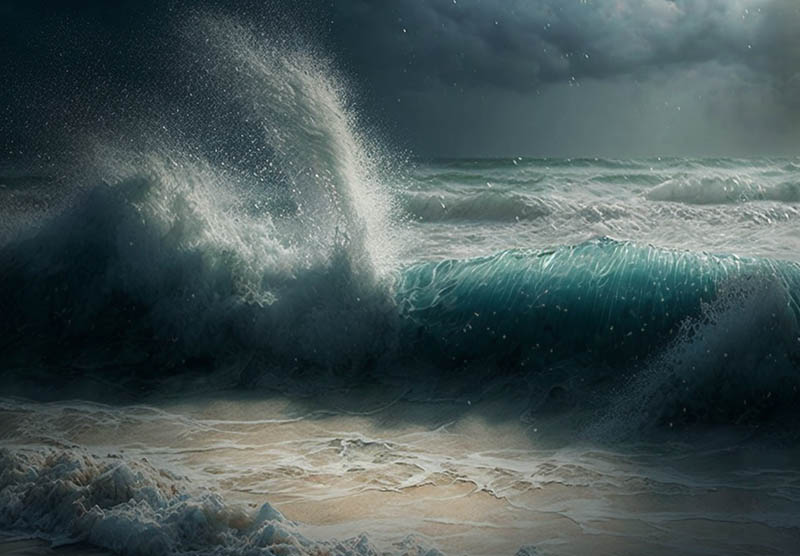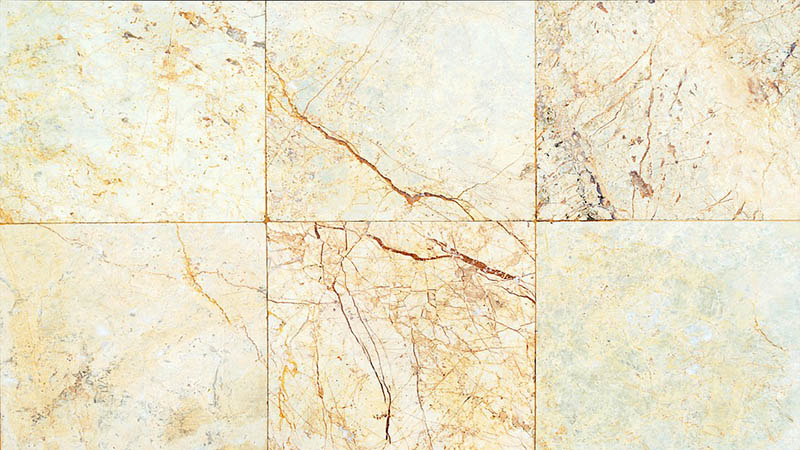Water is the basis of all life on Earth. However, it is also found on other celestial bodies, even on Mars!
Water and the Earth
- Water covers about 71% of the Earth’s surface, with 97% of that being in the form of saltwater in oceans and seas.
- The Earth is often referred to as the “blue planet” due to the vast amount of water on its surface, which reflects the blue color of the sky.
- The Earth’s water supply has remained constant for over 2 billion years and is one of the oldest and most stable features of the planet.
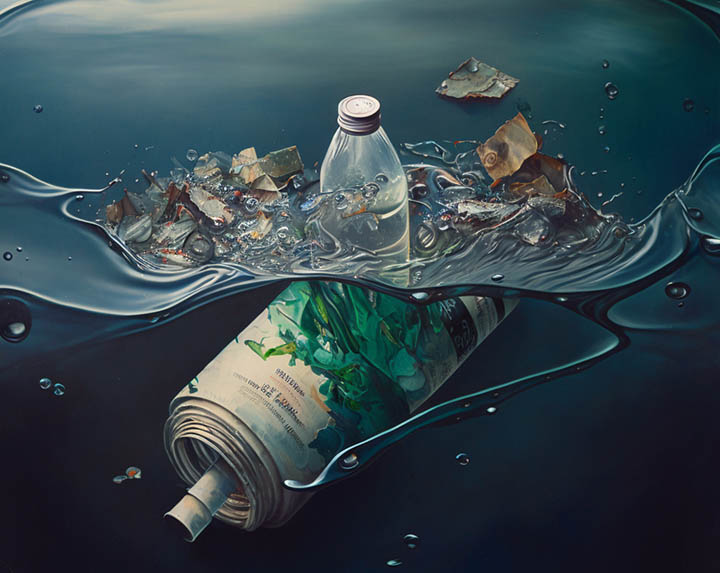
Properties of Water
- Water has a unique property called “cohesion,” which allows it to stick to itself and climb up narrow tubes, like a straw. This is due to the hydrogen bonds that form between water molecules.
- Water is the only substance that occurs naturally as a solid (ice), liquid, or gas (water vapor). This property, known as the “triple point,” makes water essential for life as we know it.
- It’s known that water is a universal solvent, meaning it can dissolve many substances, including salts, sugars, and acids. This makes it an essential ingredient in many chemical reactions.
Human Body
- The human body is about 60% water, with the majority of that water being in the form of fluids in cells and tissues.
- Water is essential for maintaining the body’s temperature, digestion, and removal of waste products. It helps regulate body temperature by sweating and respiration aids in the digestion of food and helps remove waste products through urine and feces.
- Dehydration, or the lack of sufficient water in the body, can lead to headaches, fatigue, and in severe cases, death.
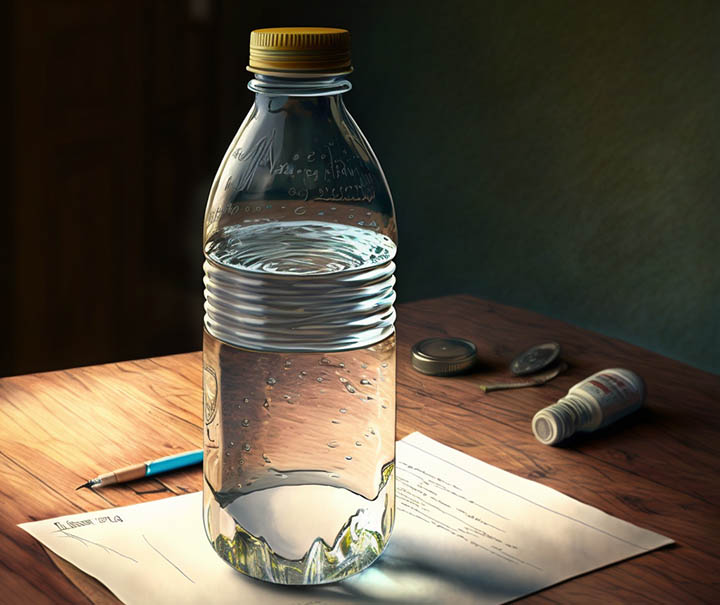
Fun Facts about Water
- If you poured all of the water in the Great Lakes (Superior, Huron, Michigan, Erie, and Ontario) into a giant pool, it would cover all of North and South America in a one-foot layer.
- You can float better in salt water than in fresh water because salt one is denser than fresh. The salt in the water increases its density, allowing your body to float more easily.
- Water can freeze in the air and become snowflakes! No two snowflakes are exactly alike. Snowflakes are formed by the rapid freezing of water droplets in the Earth’s atmosphere.
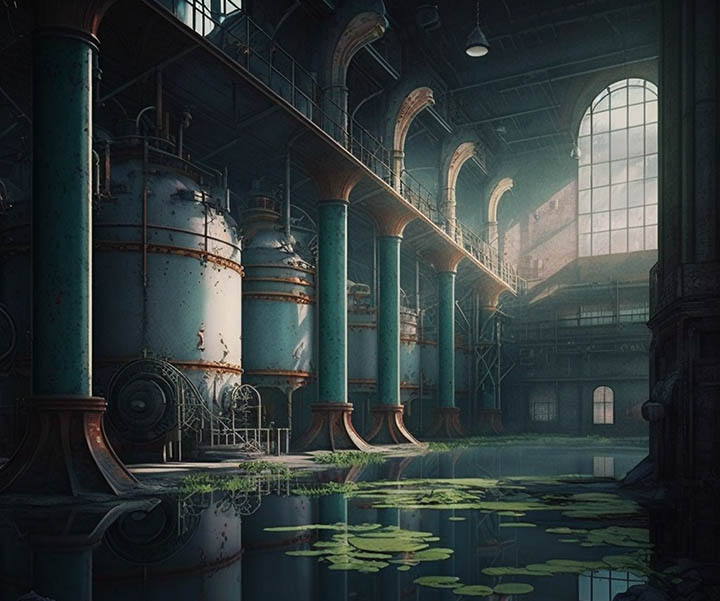
What else?
- Only about 3% of the world’s water is fresh, and only about 0.3% of that is available as surface water or groundwater. The rest is trapped in glaciers, polar ice caps, and underground aquifers.
- In some countries, people have to walk several miles to get clean drinking water. In these areas, water-borne diseases, such as cholera and dysentery, are common due to contaminated water sources.
- Water scarcity is a growing problem in many parts of the world, with increasing demand for water due to population growth, industrialization, and climate change. It is essential to conserve and manage water resources for the future.
